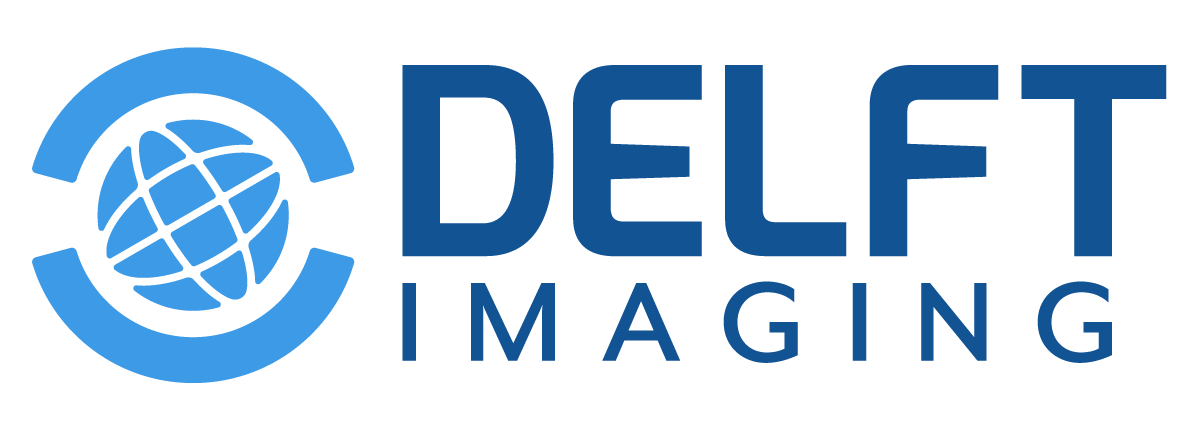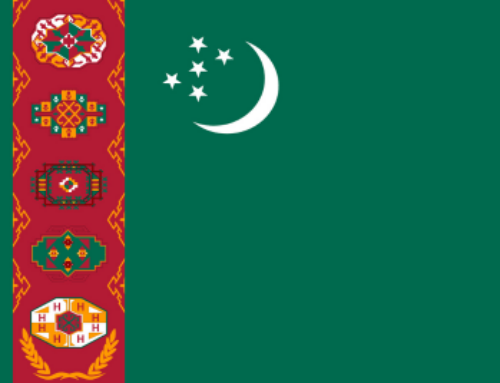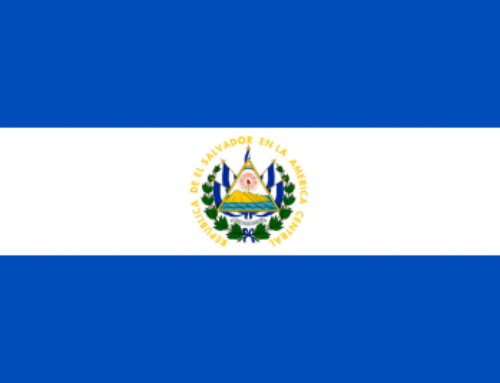Our projects in lung health
Tanzania reported an estimated 122,000 TB cases in 2023, with nearly 30,000 people still missing from care. More than 21,000 people developed both TB and HIV, while close to 1,300 were estimated to have drug-resistant TB. Despite a slight reduction in DR-TB rates compared to the previous year, TB continues to pose a major public health challenge in the country.
Our engagement in Tanzania began in 2010, when we delivered a digital X-ray system to support TB screening. In 2020, we collaborated with research institutions in the country to study the use of CAD4TB for TB detection. As part of that effort, two CAD4TB installations were delivered to the NIMR–Mbeya Medical Research Centre.
In 2021, the National Tuberculosis Program of Tanzania received four CAD4TB solutions to strengthen nationwide screening and triage. That expansion continued in 2022 with the delivery of 17 CAD4TB systems across multiple clinics and hospitals. Each site received full installation and training support through our in-country partner.
Early in 2023, we delivered a Delft Ultra X-ray system, equipped with CAD4TB, to Shirati KMT Hospital. In 2024, the Ministry of Health deployed a Delft OneStopTB Clinic, which included an EasyDR digital X-ray system and CAD4TB. Later that year, 10 Delft Light portable X-ray systems were delivered, each with its own CAD4TB, expanding diagnostic coverage across more regions of the country.
Our projects in maternal health
In Tanzania, the maternal mortality ratio stood at 276 deaths per 100,000 live births in 2023, reflecting progress from a high of 980 in 2000. The 2022 Demographic and Health Survey data reports a facility-level maternal mortality ratio of 104 per 100,000 live births, indicating better outcomes during institutional deliveries. Despite these improvements, disparities persist between community and facility-level care, underscoring the need for accessible screening tools and improved access to antenatal and obstetric care in remote areas.
Since 2022, BabyChecker has been implemented in Tanzania to support antenatal screening efforts. Initial deployments focused on collecting field-level data and user feedback on its integration within outreach and facility-based antenatal care programs.
Deployments were carried out with partners, including Misingi and the Karatu District.
Making a difference
Research paper
In 2014, a study was published on the use of CAD4TB in Tanzania. CAD4TB was evaluated on chest radiographs of patients with symptoms suggestive of pulmonary tuberculosis enrolled in two cohort studies in Tanzania. CAD4TB was significantly more accurate for discriminating smear-positive cases against non-TB patients than for smear-negative cases. It also showed that CAD4TB significantly outperformed the clinical officer but did not reach the accuracy of the expert reader. Note that the study used a substantially older version of CAD4TB than the currently available one.
In 2015, another study was published using CAD4TB, examining CAD4TB as a tool to aid in screening for pulmonary tuberculosis in a Tanzanian prison. The study demonstrated that CAD4TB accurately evaluates chest X-rays from a predominantly asymptomatic prison population, with diagnostic performance inferior to that of expert readers but comparable to that of local readers. Note that the study used a significantly older version of CAD4TB than the currently available one.
A 2024 study on the use of CAD4TB in mobile clinics in Tanzania demonstrated the solution’s efficiency in quickly analyzing cases compared to manual readings by radiologists. This efficiency is particularly beneficial in resource-limited settings, as it reduces reliance on the costly GeneXpert test. Additionally, the study recommended a specific threshold score for CAD4TB tailored to Tanzania’s needs.









